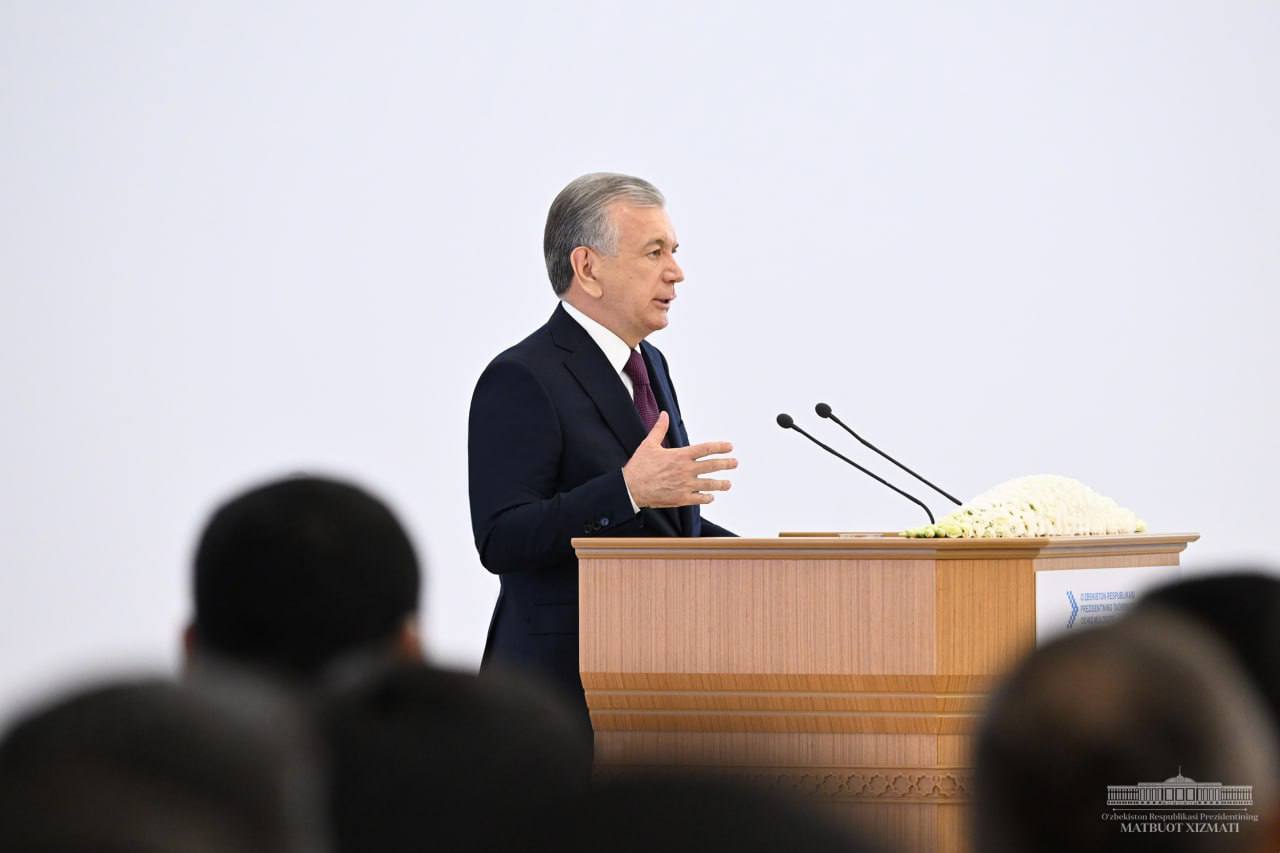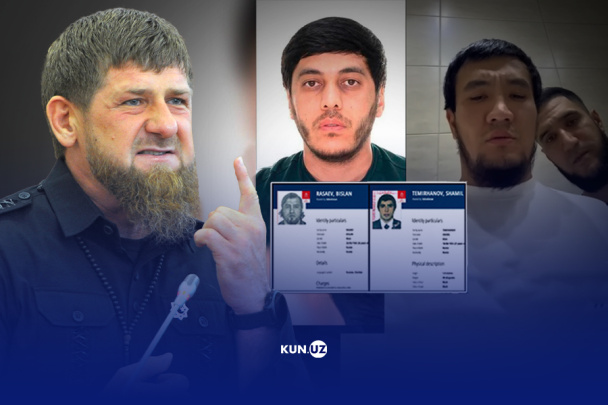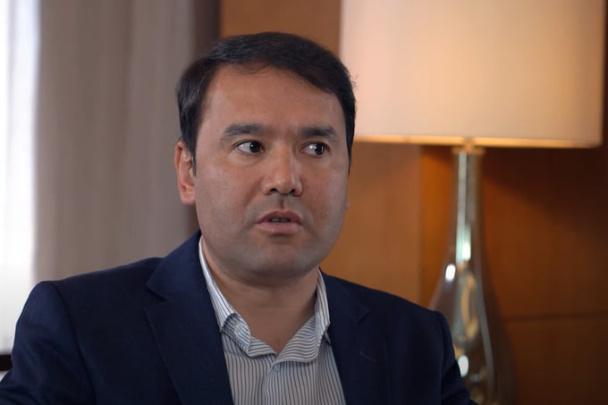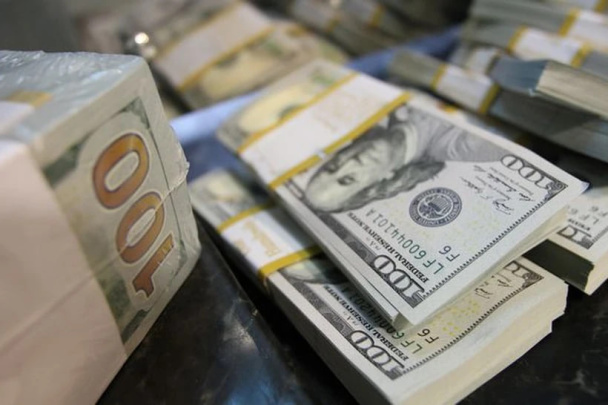“Our economy once needed some protection in a certain sense. If we continue along this path, our opportunities will be limited,” said the president.
Creating a competitive environment in the domestic market and expanding opportunities to access international markets were highlighted as key topics in the open dialogue with entrepreneurs.
The President noted that Uzbekistan’s seven-month exports have increased by 13% to over $10 billion, with 1,610 new companies entering foreign markets.
He mentioned that significant steps have been taken toward WTO membership by 2026.
“Joining this organization is a well-considered and long-term choice, as well as an integral part of our reforms. However, some people have doubts about this, and others are concerned that 'companies will be tested, imports will flood the market.'
One must understand that import duties will remain. Therefore, we are negotiating with the members of the organization,” the president stated.
Shavkat Mirziyoyev emphasized that the future involves creating a competitive environment and a trade and industry policy focused on exports. “Our economy once needed protection in a certain sense. Continuing along this path will limit our opportunities. Economic growth will not be as expected if we do not integrate into global production chains,” he added.
The President highlighted that WTO membership would relieve Uzbekistan from extra payments or restrictions in international transit cargo transport.
“This will certainly give us an additional boost to be competitive,” said the president.
Overall, it was emphasized that improving product and service quality and adhering to international standards is necessary to secure a good position in foreign markets.
“For example, without proper pesticide control, it will be impossible to achieve the set target of $10 billion in agricultural product exports by 2030. Our products will continue to perish if we do not find a market,” said Mirziyoyev.
Significant changes in food safety are planned for this year. This includes reducing duplicative powers of quarantine, veterinary, sanitary-epidemiological control, and standards organizations, and limiting repeated inspections of entrepreneurs.
Additionally, the president cited examples of Uzbekistan’s minimal share in imports despite neighboring countries' annual imports totaling $90 billion and the Commonwealth of Independent States' $500 billion in imports. Uzbekistan’s share is only 4% and less than 2% respectively.
“Thus, there is still much work to be done regarding competition. Major reforms have begun in this area, and two months ago a decree was issued eliminating exclusive rights in metallurgy, chemicals, energy, and telecommunications.
It was also noted that price preferences for products acquired for production in corporate purchases will be abolished.
From now on, no one will have special rights, whether it is a state strategic enterprise, a private company, or a foreign investor. Everyone will operate on equal terms in the economy,” said the president.
Steps Towards WTO Membership
Uzbekistan’s process of joining the WTO, which halted in 2005, was officially resumed in July 2020 with the fourth meeting of the working group. Since then, meetings have been held in June 2022, March 2023, November 2023, and May 2024. In total, Uzbekistan has held eight meetings on its accession to the organization.
In May, Uzbekistan announced its goal of joining the WTO by 2026, ahead of the ministers' conference in Cameroon.
Over 30 countries have expressed a desire to hold bilateral negotiations with Uzbekistan on WTO membership, with agreements reached with 11 of them on market access. In the past year, nearly 40 documents in Uzbekistan have been aligned with WTO norms.
On June 3, the president signed an important document on WTO membership, which includes the cancellation of exclusive rights granted to several large enterprises.
On June 4, WTO Director-General Ngozi Okonjo-Iweala visited Tashkent and supported Uzbekistan’s accession to the organization.






